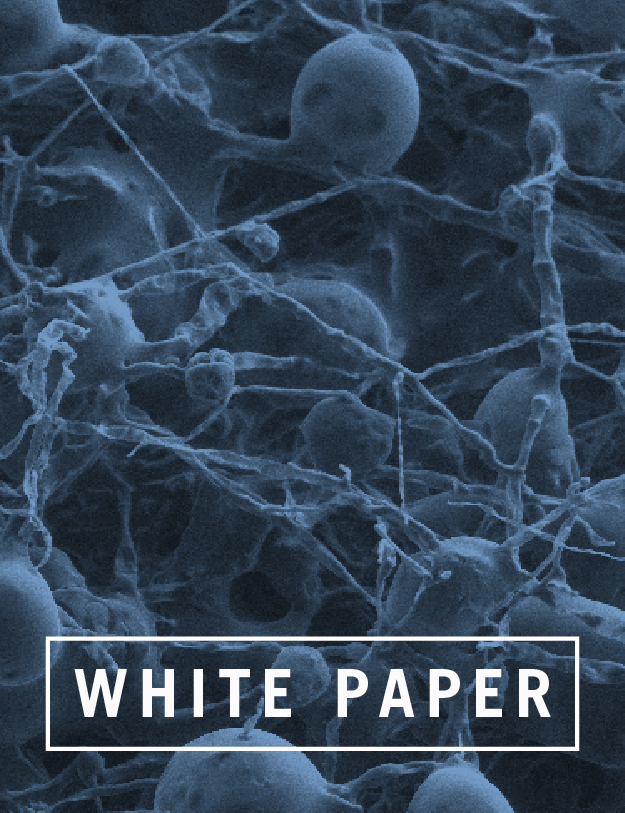Andrzej Benkowski


Andrzej Benkowski
As the Technical Manager at Eurofins Center of Excellence for Probiotics, Andrzej Benkowski brings over 18 years of expertise in biotics quality management, testing, and technology. With a strong technical background in food microbiology, Andrzej specializes in contract R&D, method development, and pioneering technologies for probiotic evaluation.
Since 2019, Andrzej has chaired the International Probiotic Association (IPA) Technical Committee and has been a member of the IPA Board of Directors since early 2024. He also contributes to the IPA Postbiotics Committee and has served as the IPA expert liaison with the International Organization for Standardization (ISO) TC34/SC9 Working Group 11 since 2022, co-convening their Enumeration Subgroup.
Andrzej is dedicated to advancing the biotics industry by setting rigorous standards and driving innovation with a focus on quality.
Outside of his professional and scientific achievements, Andrzej is a member of the Eurofins Madison Site Employee Engagement Team and manages the Community Supported Agriculture (CSA) Program for the site. A founding member of the funk band Steez, he also plays saxophone, synthesizers, and vocals. Andrzej enjoys the outdoors, spending time with his family, and pretending to be a coffee aficionado. Additionally, he has a passion for collecting sneakers and fitted hats.










